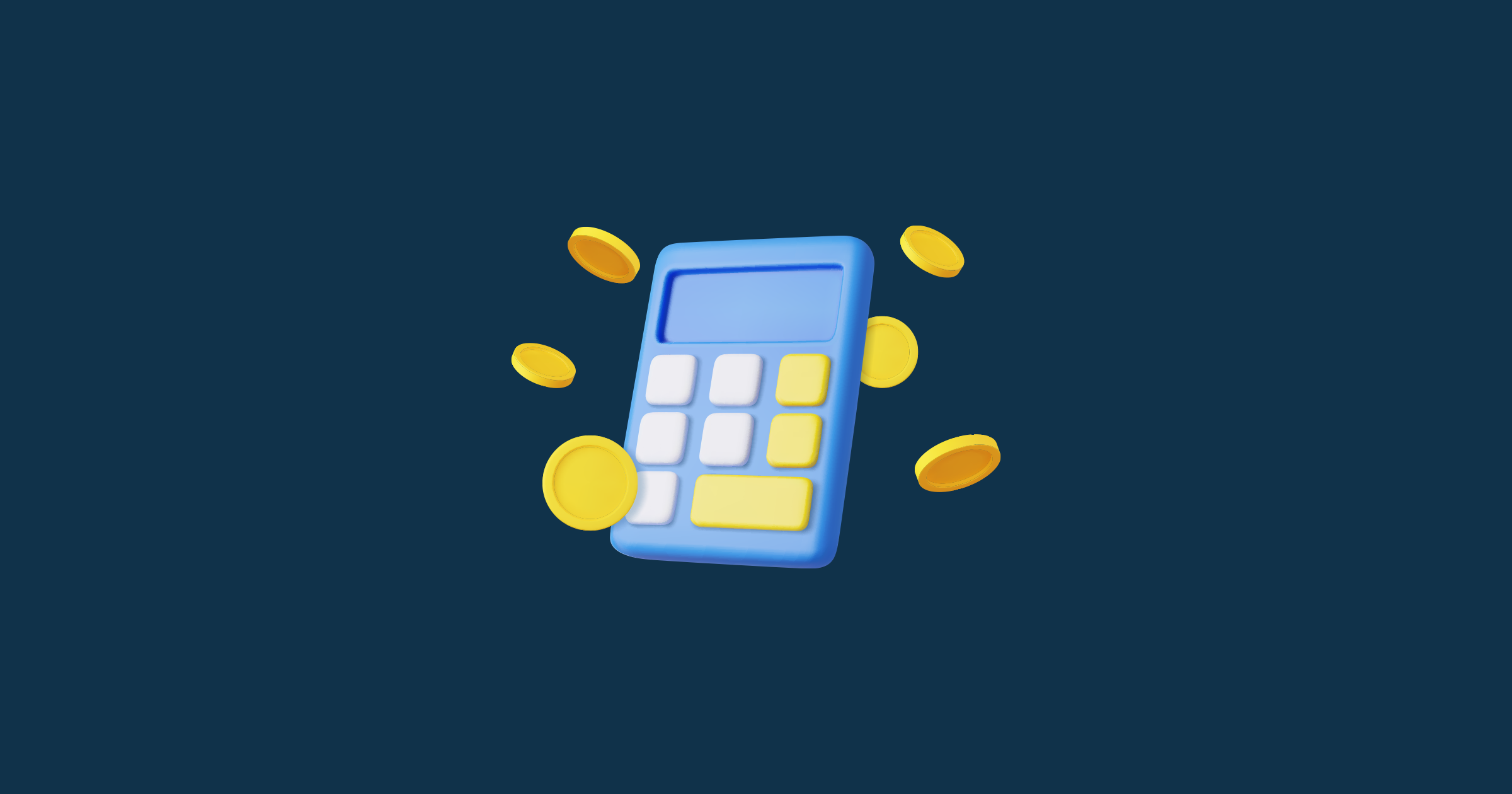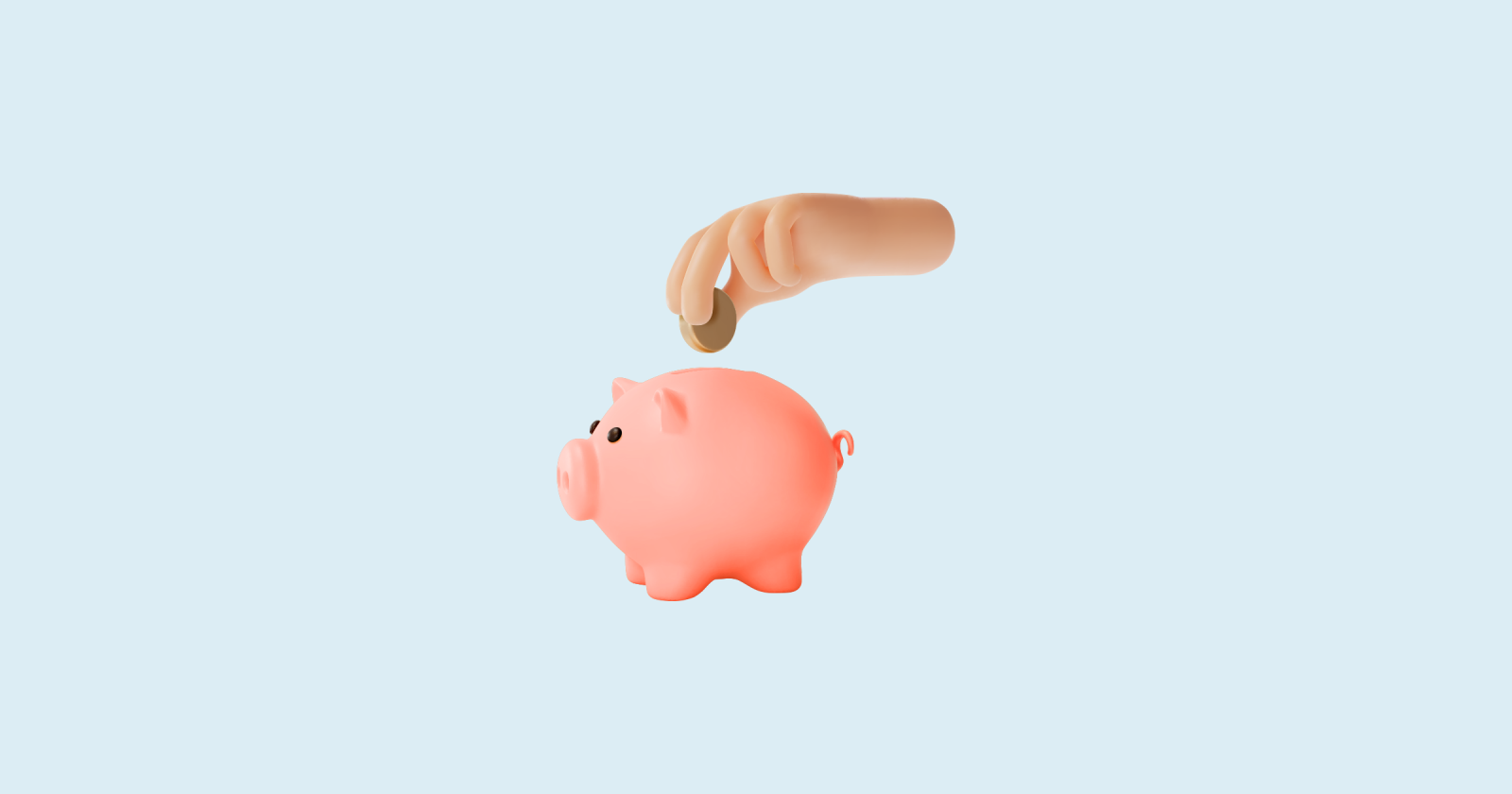Borrowing money isn’t always a bad thing. Sometimes, loans open opportunities to grow your money, like starting or expanding a business. Ultimately, it can reduce the time needed to reach life milestones.
However, having too much debt can lead to stress, sleepless nights, and even financial ruin. Here’s how to know if your debt is too high so you can take steps to recover or prevent it from becoming a problem.
How do you know if you have too much debt?
If you’re finding it hard to keep up with loan payments, then you might be overburdened with debt. There’s also a metric called the Debt-To-Income (DTI) ratio that can help you tell if your debt is higher than your salary can handle.
What is Debt-To-Income ratio?
Think about how much of your earnings go toward debt payments. Express that number in percentage and you’ve got your Debt-To-Income (DTI) ratio.
To get your DTI, divide your total debt payments by your total earnings within a specific period. DTI is often calculated per month. Follow these steps:
- Know your gross monthly income
- Add up your total monthly payments for all debts (housing, car, personal loans, and others)
- Divide your total debt payments per month by your monthly income
- Multiply by 100 to get the percentage
Let’s say you earn P50,000 per month and your total debt payment each month is P10,000. Using the steps above, your DTI is 20%. This means 20% of your income is allocated to debt repayment.
What ratio is “healthy” may vary from person to person. To know if your debt is under control, you’ll also need to factor in how much you spend on other recurring expenses such as rent and groceries.
Banks and other lenders may also require a certain DTI before approving a loan, especially for home loans. This is something to remember if you’re planning to borrow money for a big-ticket purchase.
What can you do when you have too much debt?
If your DTI is high, it can be challenging to set aside money for other monthly expenses, and even for saving and investing. This can indicate that you have too much debt and it can get out of hand if you fail to take control soon.
There are two factors at play when calculating your DTI: debt and income. To lower this number, you can reduce your monthly loan payments, increase your monthly income, or somehow do both.
- Reduce monthly debt payments
Consider setting aside as much money as you can to pay down your debts. Bigger payments today can lead to smaller monthly payments over time.
There are different strategies to clear debt. Some involve paying off the smallest ones first while others suggest prioritizing high-interest debt.
It also helps to identify good debt from bad debt to know which ones to take care of first. If you decide to pay off a loan ahead of schedule, make sure to check for any prepayment penalty.
- Increase your monthly income
Clearing debt can be difficult if you have a limited budget. This might be a sign that you need to find ways to boost your salary or seek additional sources of income.
- Hold off on additional debt
To avoid ballooning debt, it’s best to stop adding to it until you’ve gotten existing obligations under control.
You may need to put some plans on hold, but this can keep you safe from bigger money issues down the road.




